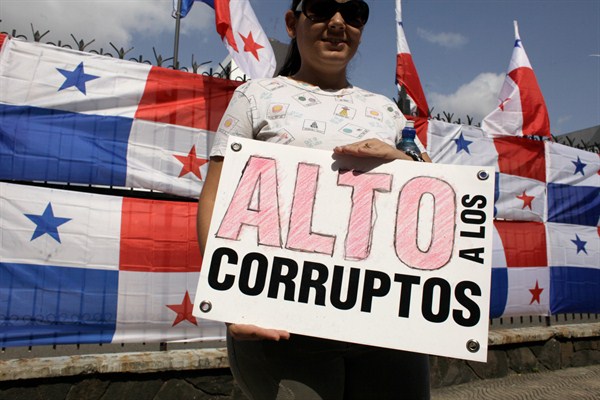In recent years, a combination of factors has converged to produce an unprecedented number of high-profile anti-corruption investigations around the world. From Brazil to South Korea, from the Panama Papers to the global FIFA scandals, publics across the globe have seen their worst suspicions confirmed, as daring investigative journalists and hard-charging prosecutors lay out case after case, revealing the details of pervasive malfeasance at the loftiest levels of power.
At first glance, this is unquestionably a positive development for society as a whole, for the economies of the countries affected and for the global political environment. Corruption corrodes the moral fiber of a nation. It undercuts the efficient functioning of the economy. And it taints the decision-making of politicians whose job is to make the best choices they can for the benefit of their country. The ultimate toll of corruption is incalculable in terms of lost jobs, lost lives and lost hope, and any move to curtail it is to be welcomed.
And yet, despite all the crooks toppled by the ongoing tsunami of anti-graft cases, not all the repercussions are cause for celebration. Like so many other beneficial endeavors, the campaign against corruption has fallen victim to the law of unintended consequences.

